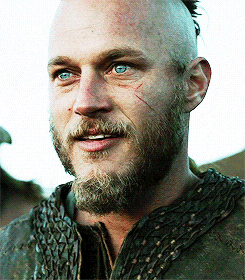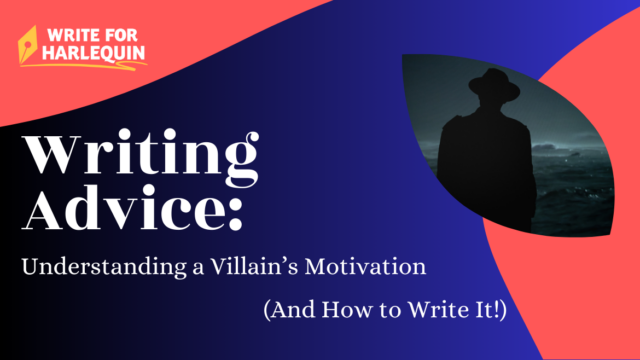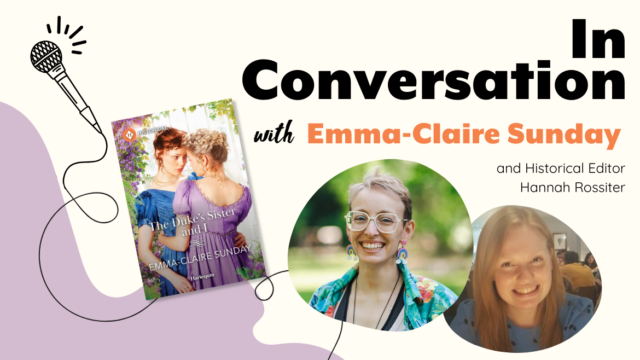It’s almost time! The first instalment in the Sons of Sigurd miniseries, Stolen by the Viking by Michelle Willingham, is on its way. And, with Falling for Her Viking Captive by Harper St. George, Conveniently Wed to the Viking by Michelle Styles, Redeeming Her Viking Warrior by Jenni Fletcher and Tempted by Her Viking Enemy by Terri Brisbin to follow, it’s the perfect time for our Historical authors to share their top tips on ‘How to Write a Viking’!
Michelle Willingham says…
Doesn’t every woman fantasise about being carried off by a hot Viking? I can’t imagine it’s just me. But there’s something about a raw, masculine alpha male that makes Viking romances wonderful. It’s not only about how gorgeous these warriors are—it’s also about a strong heroine who can stand up to him. I love a feisty heroine who will face down her conqueror and bring him to his knees with her love. It’s a fascinating contrast of physical power and emotional strength. In Stolen by the Viking, the heroine, Brenna, is rescued by Alarr Sigurdsson from the slave market, and she teaches him that love and forgiveness are more important than vengeance. And ultimately, my favourite part of a Viking romance is the female empowerment. These rough, untamed men have a softer side and become even stronger when they find the love of their life.

Harper St George says…
The Viking era is very much one of those special eras when legend meets history. We know a lot about Viking daily life, their beliefs, and habits. We know where they conquered and settled and a great deal about how they lived. But there is an awful lot that scholars still debate. For example, the question of female warriors amongst their ranks, which has recently been proven very likely. This large unknown opens an entire realm of endless possibility with very few rules to constrain a writer with an active imagination. I love to immerse myself in the Viking world by reading sagas and looking at pictures of artifacts while imagining the lives of the people who once owned them.

Michelle Styles says…
The Viking period gives me a chance to hold up a dark mirror to events in today’s world. A time of unbelievable upheaval, mass immigration and the founding of nations but, more importantly, the status of women was in a state of flux, driven in part by the growth of a specific form of Christianity. So you do have the opportunity for strong women to acquire power in ways that they can’t in other historical eras. Reading primary sources such as the sagas as well as recent archaeological reports (current favourite is the one about DNA proving a high status warrior was female) are useful for immersion in the period but my favourite way is to visit places where the Vikings lived and see their artifacts for myself.

Jenni Fletcher says…
I’m lucky to live close to York, which holds a Viking festival every February, complete with re-enactments, plays, sword schools (last year my children were given the honorary titles Barefist and Bitterblade), Best Beard and Strongest Viking competitions, weaving workshops, mead-tasting and a Battle Spectacular. It’s a big deal. Fortunately for me, a colleague of my husband’s is also very into Viking history (she even had a Viking-style wedding) so I was able to have a long talk with her about their medicine, food and crafts. A lot of this went into my book – Sissa became a healer and Danr became a warrior/cook – and I have a newfound respect for Viking culture. I’ll definitely be going back to the Festival this year – possibly in costume!

Terri Brisbin says…
The Viking age fascinates me because of the advances in technology that made them into the explorers (and pillagers!) they became. Their changes to shipbuilding freed them from the limits of previous designs and sent them out across the seas and up and over the rivers of Europe. Amazing!
I was lucky that the VIKINGS! Exhibition was in Philadelphia just as I was beginning to work on this project with the others – so I got to see actual jewellery and clothing and many artifacts from the Viking era. Fabulous for immersing myself in their world before writing my story.




